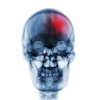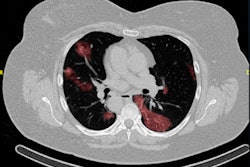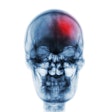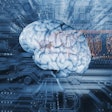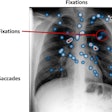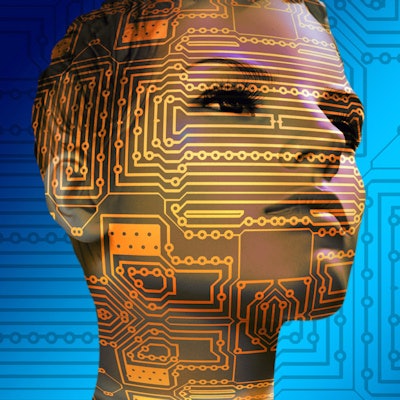
Radiologists in Italy tend to view artificial intelligence (AI) positively and believe that they won't be replaced by the technology, according to a nationwide survey. But many of them are also concerned that AI could diminish their professional reputation.
In an online survey conducted by the Italian Society of Medical and Interventional Radiology (SIRM) of its members, 77% of the more than 1,000 respondents indicated they were favorable to the adoption of AI and only 5% were unfavorable. However, 60% perceived that AI comes with the risk of a poorer professional reputation relative to other specialties, according to lead author Dr. Francesca Coppola of the University of Bologna and colleagues.
"Although our findings may not be generalized to the entire community of SIRM members, we believe that they can shed light on the radiologists' expectations toward AI and should be taken into account by all stakeholders (including biomedical and information technology researchers, healthcare authorities and lawmakers) for a successful implementation of AI technology in the radiology workplace," the authors wrote in an article published online on 29 April in La Radiologia Medica
To assess the current attitudes of radiologists in AI, SIRM launched an online survey in April 2019. SIRM received responses from 1,032 of its members. Although the geographic proportion of respondents across the regions of the country was comparable to that of the membership as a whole, there was a higher proportion of younger (under the age of 35) and intermediate age (36-65) than the overall membership.
 Dr. Francesca Coppola.
Dr. Francesca Coppola.Of the respondents, 66.2% defined AI as "an aid to daily working practice," according to Coppola, who is chair of the radiology informatics section of the SIRM and board member of the European Society of Medical Imaging Informatics (EuSoMII). In terms of how AI could potentially impact the work of radiologists in the future, 70.6% believed it would be used to enrich radiology reports with quantitative data and 61.7% felt that AI would be utilized to perform simpler tasks such as detecting and characterizing pulmonary nodules, potentially improving diagnostic accuracy and turnaround time.
The respondents considered the following advantages of AI to be the most important for radiologists:
- A lower diagnostic error rate compared with AI-unassisted practice: 73%
- Optimization of radiologists' work: 67.9%
- Availability of additional information aiding therapy personalization and prediction of treatment response: 26.7%
On the downside, the biggest perceived issues related to AI were the following:
- The risk of a poorer professional reputation for radiologists compared with nonradiologists: 60.3%
- Reduced learning opportunities for radiologists: 25.5%
- Lower salaries and/or decreased chance of recruitment: 18.9%
- Fear that computers will replace radiologists for reporting of imaging examinations: 18.9%
Although 77.9% of respondents indicated that they didn't have an ethical concern about AI, 90.4% also believed that the implementation of AI in radiology should be regulated by specific policies. In other findings, 50.7% of respondents estimated that it would be five to 10 years before AI has a significant impact on the radiologist's profession.
The researchers did not find a statistically significant correlation between the age of the respondents and the rate of AI supporters.


